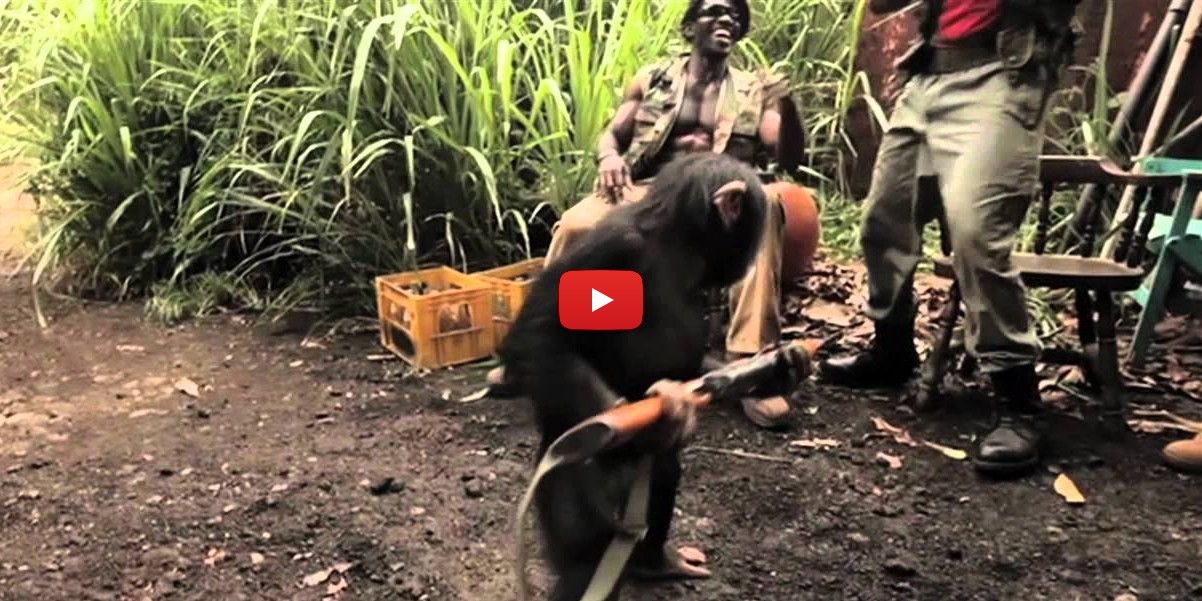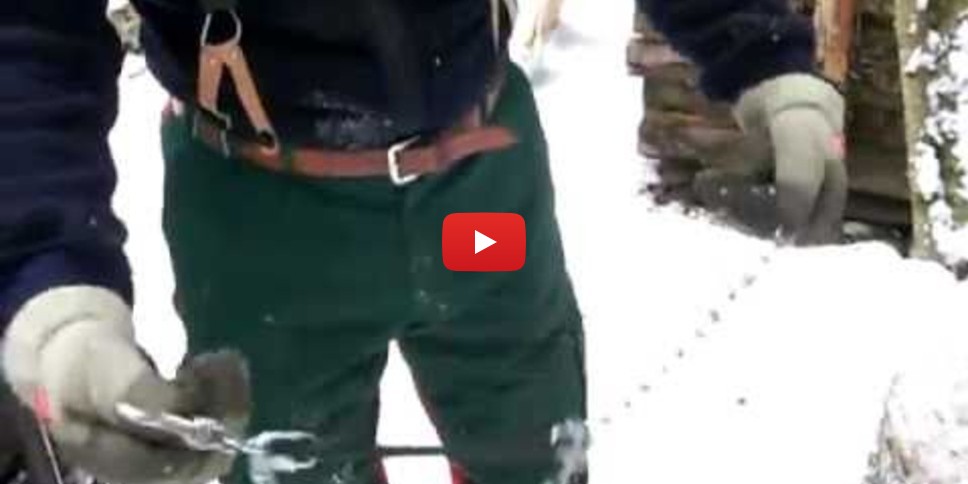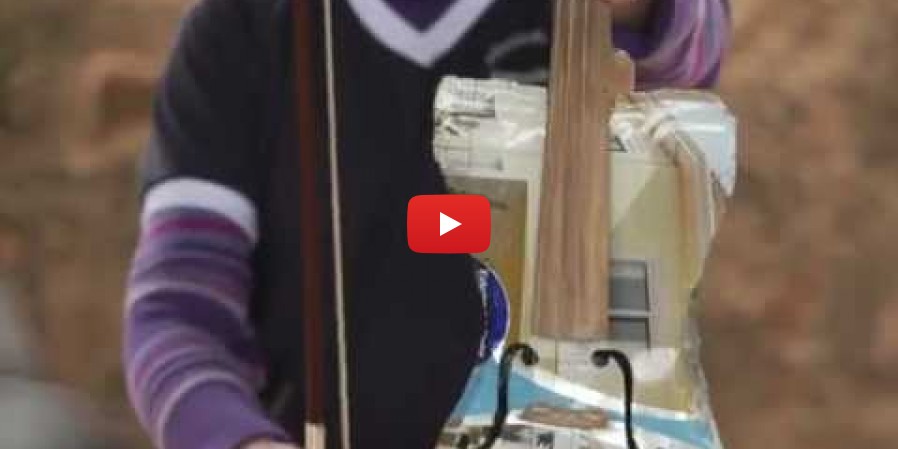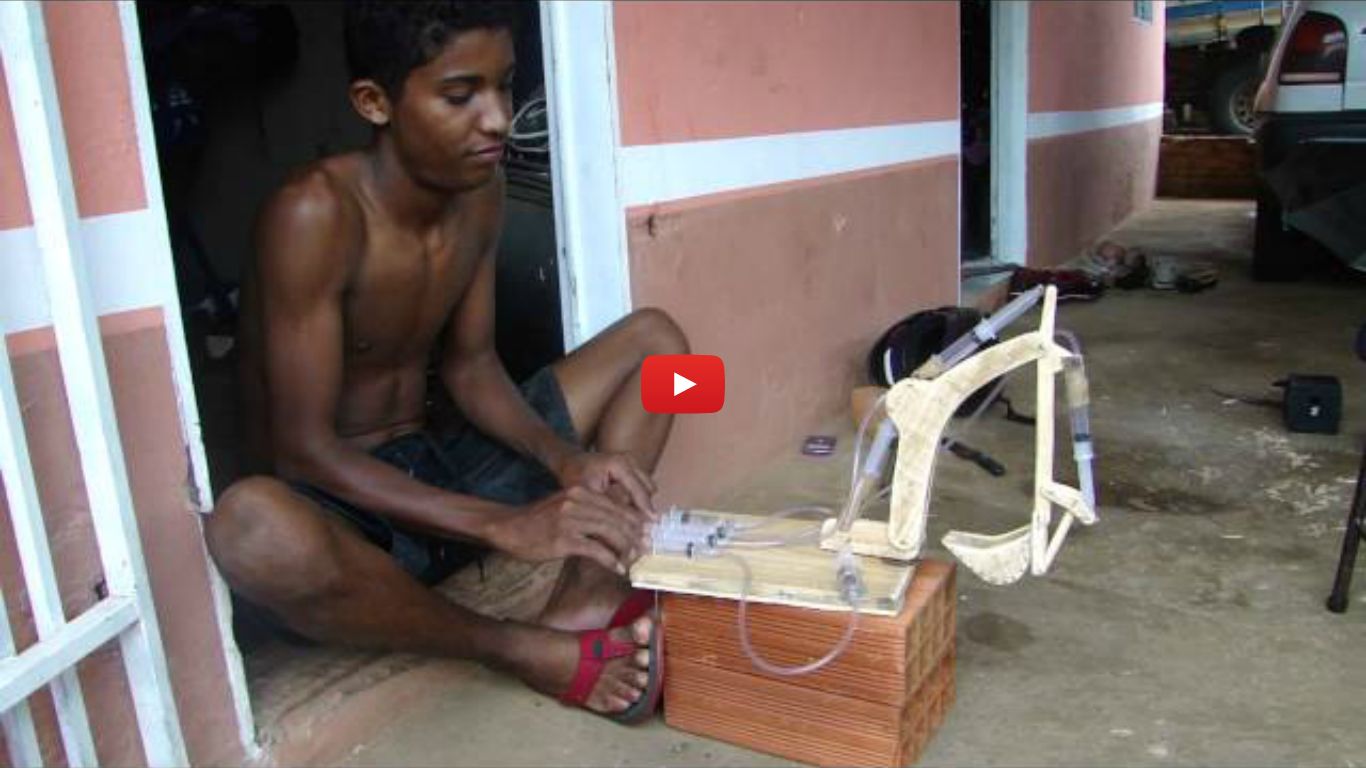Information About Lebanon

A lively, cheery and enthusiastic country with rich culture and diversified heritage is what we call Lebanon. Having more than 18 religions in its lap, varied ethnic groups and traditions, it is a country actually fitting the preferences and choices of generations. In recent times, it has also emerged as a banking, holiday and educational hub. Needless to say the nourishing education and other infrastructure facilities have made it an attraction for researchers, investors, entrepreneurs and tourists. The flourishing banking industry with more than 100 banks confirms it. The beauty of Lebanon, a nature’s gift which includes 15 rivers, all of which originate from the mountains located within the geographical boundaries of Lebanon, confirms it. Avid tourists come to Lebanon, each year, to savour its rich history and spectacular spots, making it one of the most visited countries in the Middle East. On a trip to Beirut, the capital, Lebanon will offer you matchless ecstasy and fervour in its more than 350 thrilling night clubs. Looking for more facts and figures about Lebanon to feed your craving for knowledge? Here’s the next section to take care of your eagerness. Check it out!
Fast Facts
Official Name: The Lebanese Republic
Capital: Beirut
Official Language: Arabic
National Language: Arabic
Other Languages: French, English and Armenian
Demonym: Lebanese
Religion: Islam (predominant) and Christianity
Legislature: Unicameral National Assembly or Majlis al-Nuwab (Arabic)
Independence: 22 November 1943
Constitution: 23 May 1926
Area: 10,452 sq km
Population: 4.3 million (UN, 2010)
Currency: Lebanese Pound
National Animal: Striped Hyena
Interesting And Fun Facts About Lebanon
- The name of the country ‘Lebanon’ originated from the Semitic root ‘lbn’ which means ‘white’.
- Lebanon is the oldest nation/country name in the world, existing for nearly 4,000 years.
- Lebanon shares its borders with Syria and Israel.
- Lebanon became an independent nation in 1943 and adopted unique political system called confessionalism, which aimed at sharing of power on the basis of religious groups.
- Bechara El Khoury, first President and Riad El Solh, first Prime Minister of independent Lebanon are considered as the founders of the present day Lebanese Republic.
- The population of Lebanon has not been officially surveyed since 1932. The prime reason for the same is political sensitivity over religious association.
- The maritime culture of Phoenicians developed in Lebanon nearly 2,500 years ago, where they built and sailed the first boat of the world.
- Lebanon does not have desert regions. It is the only country with such an exception in the entire Asian and African continents.
- Its capital, Beirut, is often compared with phoenix as it was destroyed and built as much as 7 times.
- The name of Lebanon’s famous trees ‘Cedar’ appears 75 times in the Old Testament. It is believed that these trees were planted by God Himself and thus called as ‘The Cedars of God’.
- The Lebanon Cedar is recognised as its national emblem and can be seen on the national flag of Lebanon and on the coat of arms.
- Lebanon is known as ‘God’s Country on Earth’.
- One of the cities of Lebanon, Byblos, is the oldest existing city in the world.
- The name of holy book ‘Bible’ is said to be derived from Byblos, the oldest city of Lebanon.
- In the same city, Byblos, Cadmus created the first alphabet.
- The only temple of the main Greek God, Jupiter, is located at Baalbek, a city in Lebanon which is also known as the ‘City of Sun’.
- When looking for the books on countries, you will find most of the books written on Lebanon as compared to any other country.
- The diverse population of Lebanon comes from nearly 18 religions. Around 39% of which is Christians, which is the highest proportion of Christians in an Arab Country.
- Compared to the health care conditions in Europe and America where doctor to patient ration is 1:100, Lebanon has a fair ratio of 1:10. That is there is 1 doctor available per 10 patients.
- Among Arab countries, Lebanon is the only country with non-authoritarian governance.
- Lebanon celebrates number of festivals, among which the Baalbek International Festival, the Byblos International Festival, the Beiteddine International Festival, the Broumana Festival, the Batroun Festival, the Dhour Chwer Festival and Tyr Festival are most famous ones. The tourism ministry of Lebanon too promotes these festivals on a very large scale.
- The first law college in the world is believed to have been established in Beirut
- The economy of Lebanon depends upon banking, food processing, jewellery, cement, textiles, mineral, and chemical products.
- The Lebanese involved in agricultural works focus primarily on the cultivation of citrus, grapes, tomatoes, apples and sheep.
- Lebanon exports foodstuffs and tobacco, textiles, chemicals, precious stones and metal products.
- The tension between religious communities of Muslims and Christian led to infamous Lebanese Civil War from 1975 to 1990.
- In its halcyon days, prior to the civil war, Lebanon was known as the ‘Switzerland of the East’.
- Recent war between Lebanon and Israel, known as the 2006 Lebanon War, damaged civil infrastructure and caused death of many in Lebanon.
- Interestingly, the global economic crisis of 2007-2010 could not make much impact on the economy of Lebanon as it has stringent financial system and gold reserves to back its economy.
- Lebanon is known to have the highest gold reserve in the Middle East.
- Lebanon is counted among those active countries that make unique efforts to assure its citizen of the civil rights and freedom. Its efforts have been recognised by the World Justice Project’s Rule of Law Index 2011 which declared it 1st in Middle East and 26th across the world (out of 66 countries) on this parameter.









